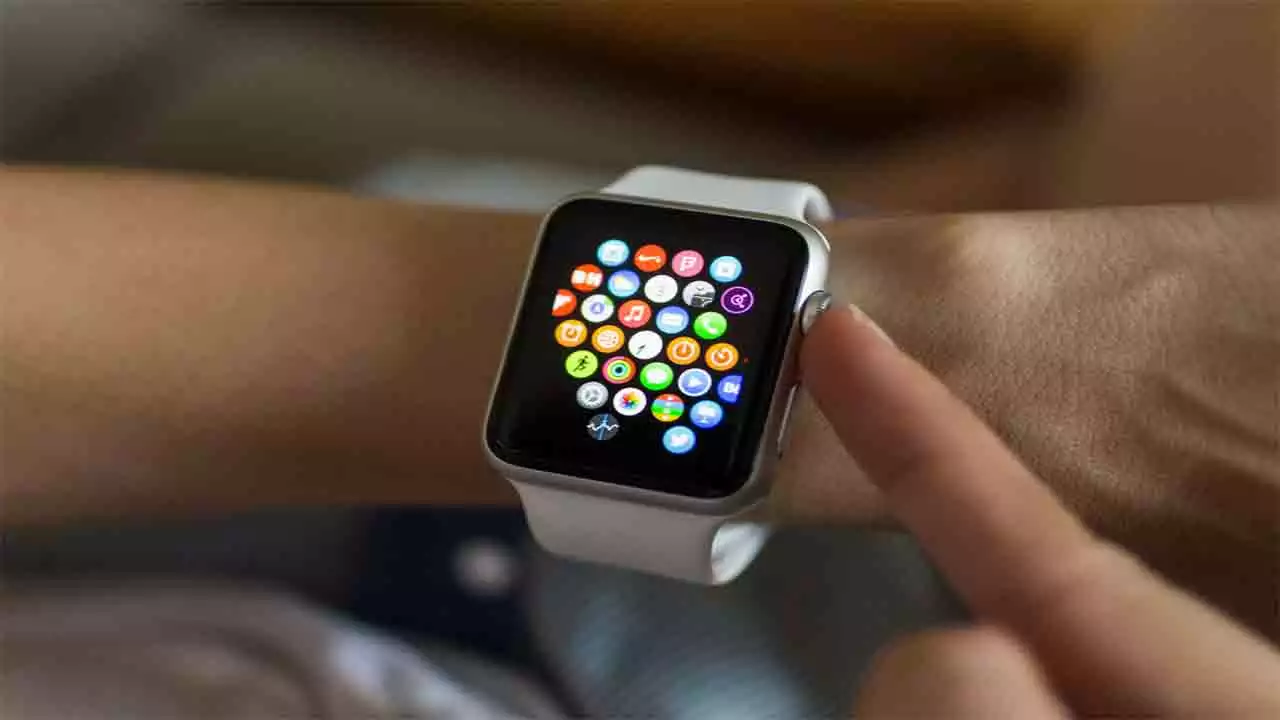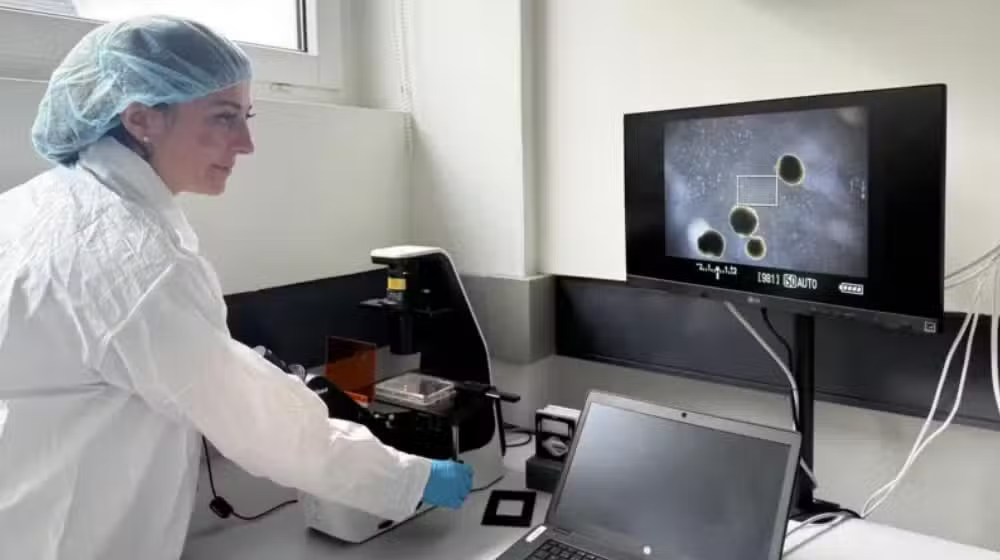In a groundbreaking study, experts utilized the Apple Watch, paired with an iPhone, to monitor individuals in the early stages of epilepsy over the course of a year. This innovative approach highlights the potential of digital devices in tracking and managing health conditions.
The Apple Watch’s ability to collect continuous health data provided researchers with valuable insights into the progression of epilepsy. By leveraging the watch’s sensors and health monitoring capabilities, the study aimed to identify patterns and changes in the condition of participants. Additionally, the devices recorded information related to speech issues, offering a comprehensive view of the patients’ health.
The research underscores the potential of digital measures in ensuring targeted and sensitive monitoring of disease progression. Experts emphasized that the data obtained from smartphones and smartwatches could be pivotal in identifying various changes associated with epilepsy. These devices not only track the frequency and severity of seizures but also offer real-time feedback on other health parameters, providing a holistic picture of the patient’s condition.
One of the key advantages of using digital devices like the Apple Watch in medical research is their ability to collect data continuously and non-invasively. Traditional methods of monitoring epilepsy often require hospital visits and can be cumbersome for patients. In contrast, smartwatches allow for seamless, everyday data collection, which can lead to more accurate and comprehensive insights.
The study also highlighted the potential of these digital examinations in testing the effectiveness of future therapies. By closely monitoring the health metrics of patients, researchers can better understand how new treatments impact the progression of epilepsy. This real-time data collection can accelerate the development of new therapies and enhance personalized treatment plans.
The use of the Apple Watch and iPhone in this research represents a significant step forward in the field of digital health. The devices’ advanced sensors, combined with sophisticated data analysis techniques, enable a new level of precision in health monitoring. This approach not only benefits patients by providing more accurate and timely information but also aids healthcare providers in making informed decisions about treatment and care.
Moreover, the integration of speech recording capabilities adds another dimension to the monitoring process. Speech issues can be a symptom of epilepsy, and tracking changes in speech patterns can provide early indications of changes in the disease’s progression. This comprehensive monitoring approach ensures that all aspects of the patient’s health are considered, leading to more effective management of the condition.
The findings of this study open up new possibilities for the use of consumer technology in medical research and patient care. As smartwatches and smartphones become increasingly sophisticated, their role in health monitoring is likely to expand. This research demonstrates that these devices can provide valuable data that enhances our understanding of complex health conditions like epilepsy.
The study conducted using the Apple Watch and iPhone to monitor epilepsy progression showcases the potential of digital health technologies in modern medicine. The ability to collect continuous, non-invasive data offers a new level of precision in disease monitoring and management. By providing real-time insights into the progression of epilepsy and other health conditions, these devices can significantly improve patient care and accelerate the development of effective therapies. The integration of digital measures in health monitoring represents a promising advancement in the quest for better healthcare solutions.



